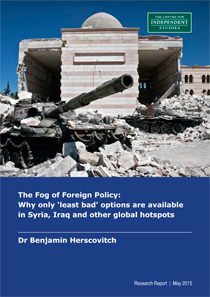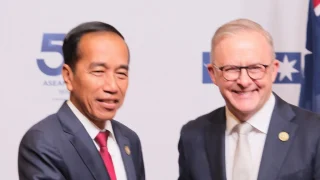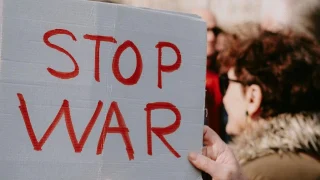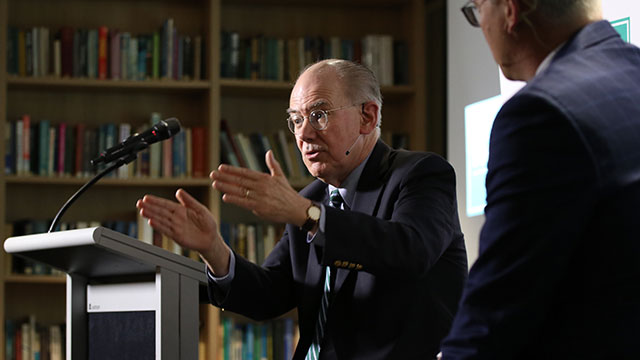
Foreign policy is typically a blandly bipartisan affair in liberal democracies like Australia and the United States. Although different slogans are employed by left and right, major political parties support broadly liberal foreign policy goals. Both sides of politics want to preserve peace and national security, promote trade and economic development, and protect individual rights and freedoms abroad.
However, as the Syrian Civil War and war against Islamic State (IS) in Iraq make painfully plain, a massive gap exists between these settled foreign policy ends and the uncertain means by which to achieve them. Although these conflicts have morphed into one of this century’s worst security and humanitarian crises, the world’s leading liberal democracies remain bitterly divided over the appropriate response. After more than four years of brutal bloodshed in first Syria and now also Iraq, political leaders, foreign policy analysts and commentators continue to debate whether the international community should intervene more forcefully or leave Syria and Iraq to fend for themselves. As this debate grinds on without conclusion, these wars continue to radicalise the next generation of global jihadists, shatter Syria and Iraq’s social fabric, kill and displace civilians en masse, and serve as the crucible for the genocidal and theocratic ambitions of IS and other radical Islamist movements.










